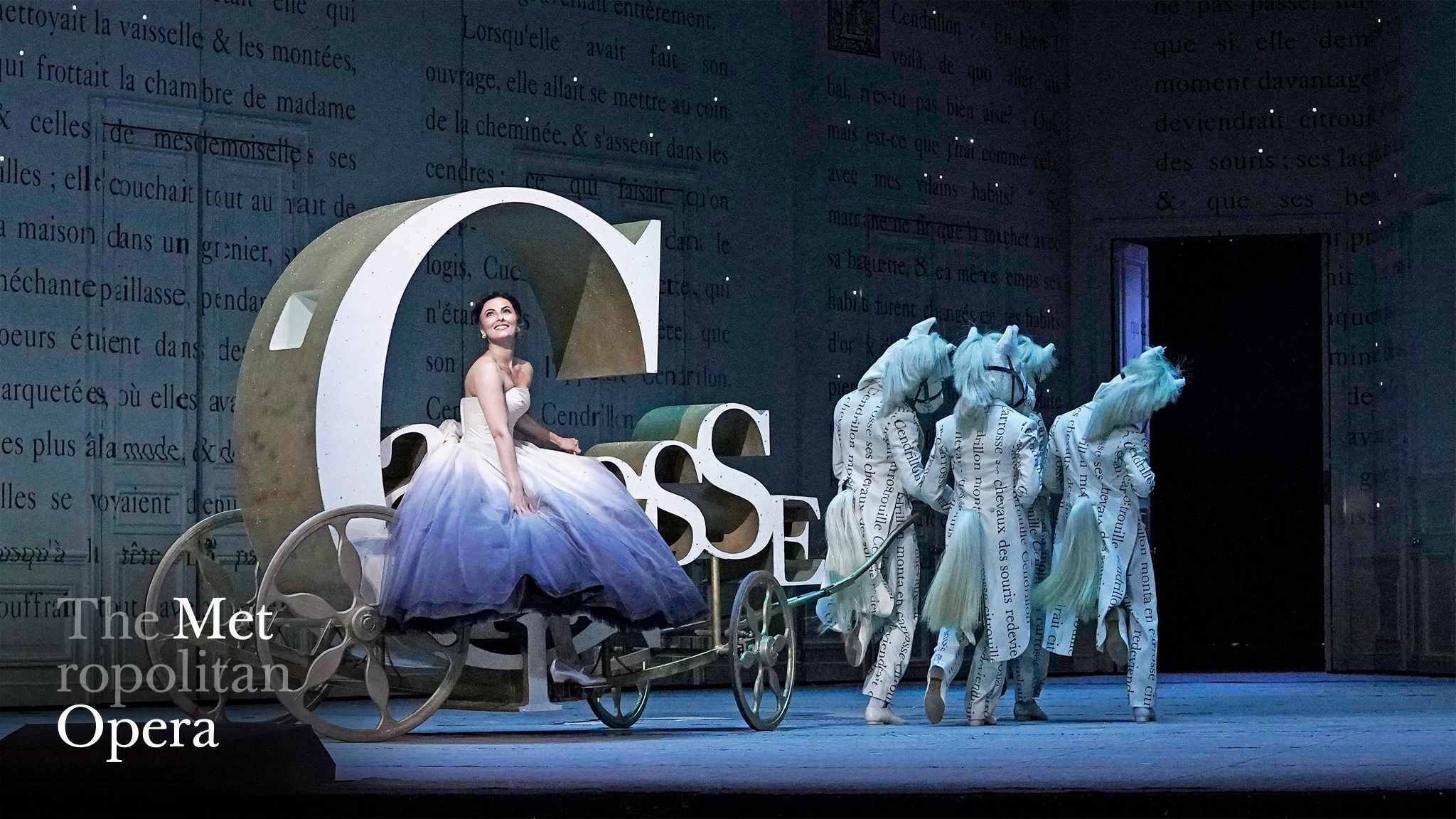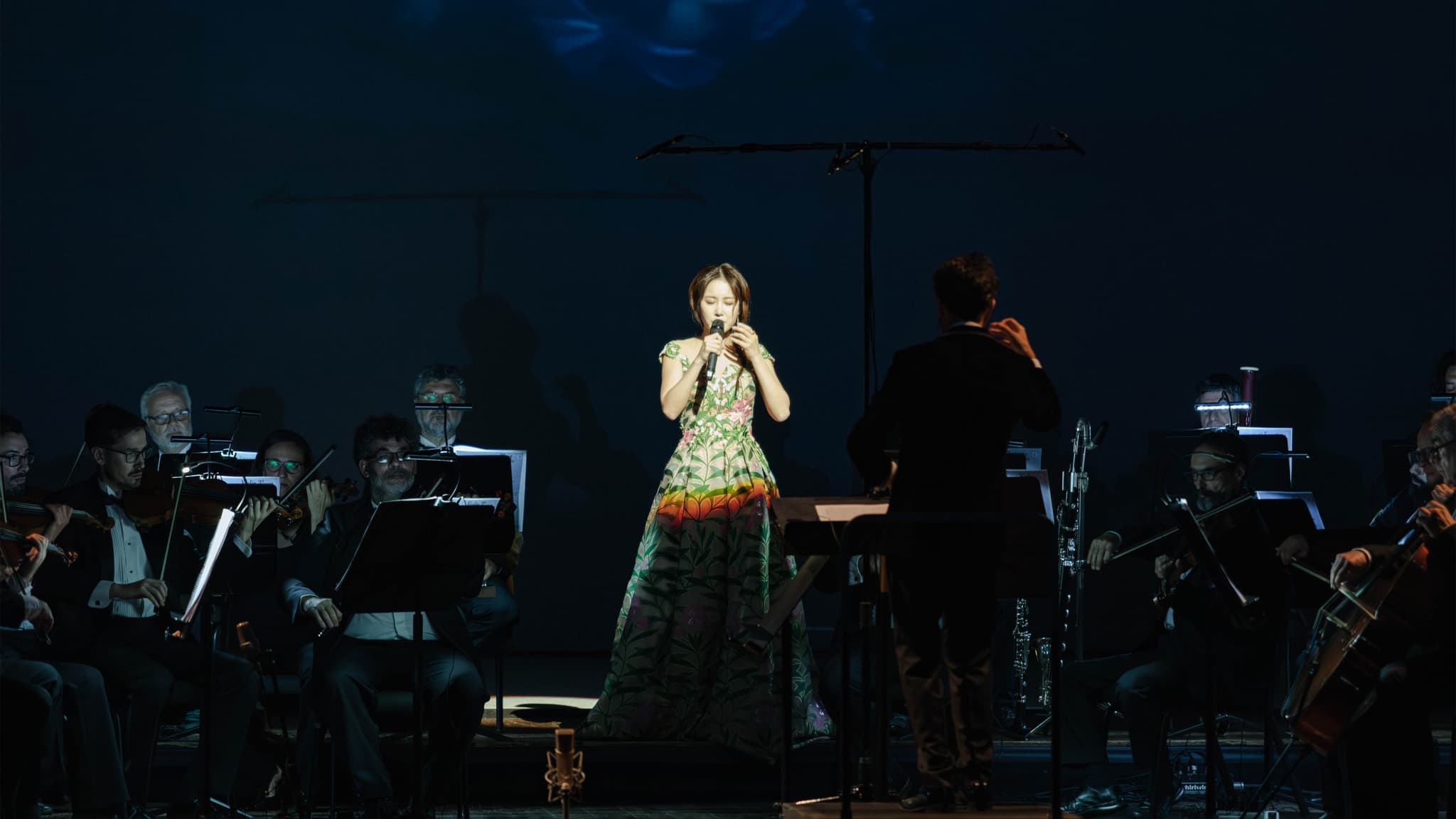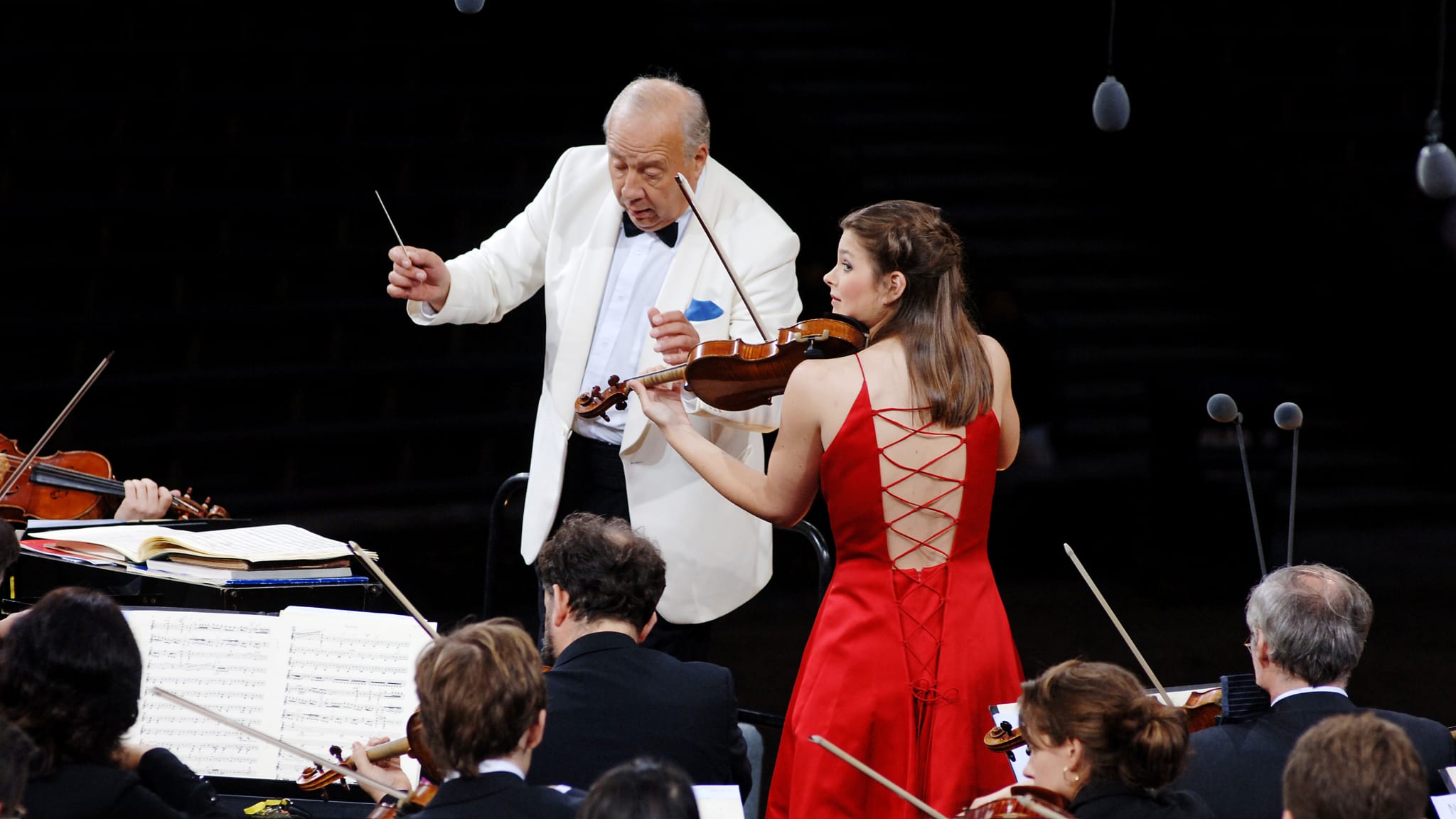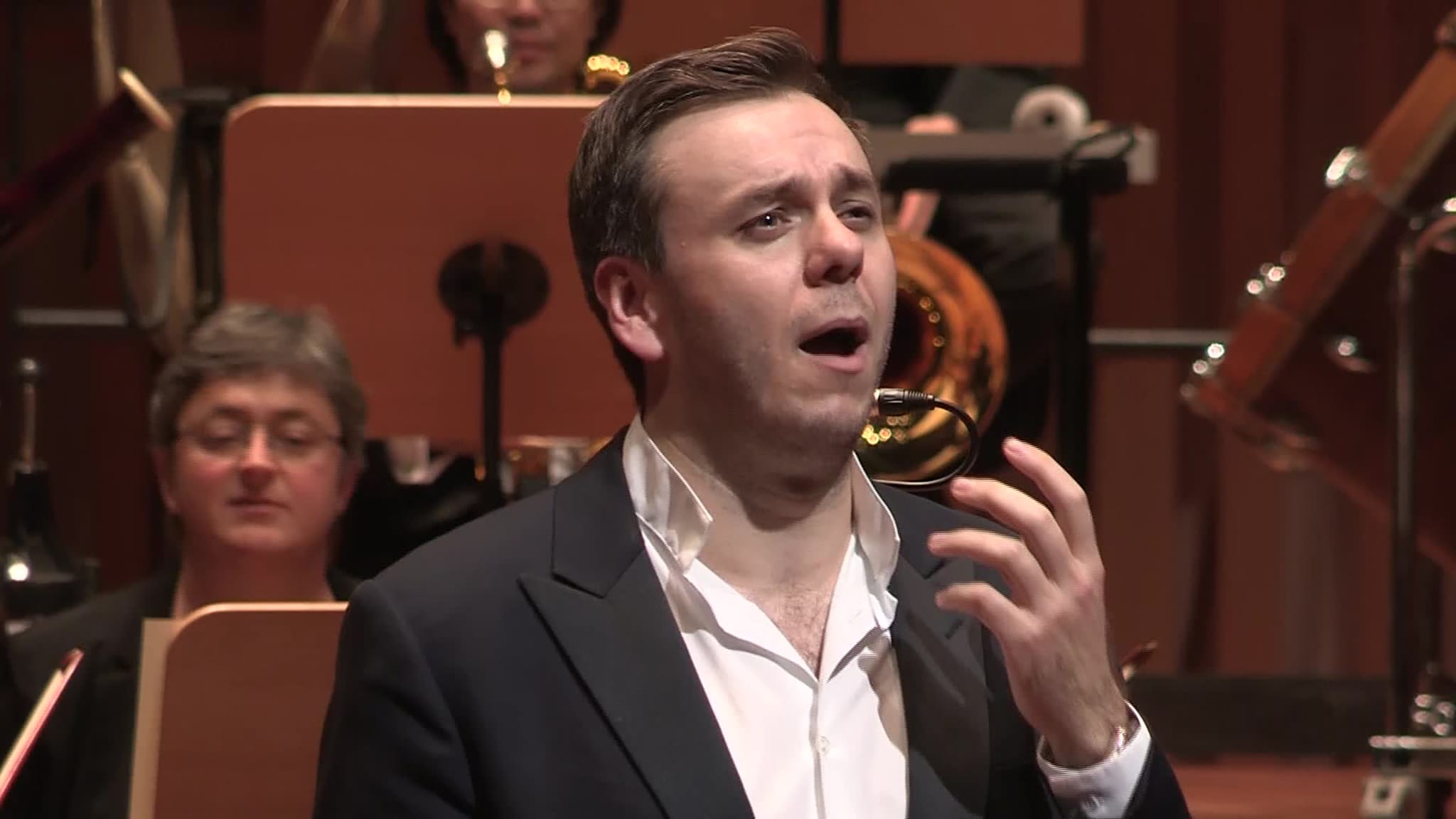AboutJules Massenet
Jules Massenet (* May 12, 1842, Montaud; † August 13, 1912, Paris) was the most significant opera composer of French late Romanticism. As the youngest son of an officer's family, he received music lessons from his mother as a child. He proved to be gifted and was sent to the Paris Conservatoire at the age of eleven to study under Charles Gounod and Ambroise Thomas, among others. His efforts paid off, as the student won the coveted Prix de Rome in 1863, which in turn opened doors to the higher echelons of the musical bohemia.
From 1878 to 1896, Jules Massenet served as a professor at the Paris Conservatoire and rose to become one of the most popular opera composers of his time. While colleagues like Jacques Offenbach satirically engaged with the signs of the times, Massenet often turned to sentimental-lyrical themes, where his flair for melodic finesse and surprising, yet not unsettling, harmonic turns secured him the affection of both audience and critics. Among his most famous works are "Manon" (1884), the adaptation of "Werther" (1892), as well as "Thaïs" (1894) and "Thérèse" (1907).
In total, Jules Massenet composed over 20 full-length operas, as well as orchestral and chamber music, piano works, oratorios, and songs. An instrumental intermezzo from the opera "Thaïs" achieved particular fame. The so-called "Méditation," due to its poignant melody, became one of the most beloved program and encore pieces for violin virtuosos. Nearly every great violinist, up to world stars like Anne-Sophie Mutter, has performed it during their career, contributing to the sustained interest in Jules Massenet. Over the past two decades, there has also been a subtle renaissance of French late Romanticism, which has led to Massenet's operas being regularly featured in the repertoires of international opera houses once again.

























